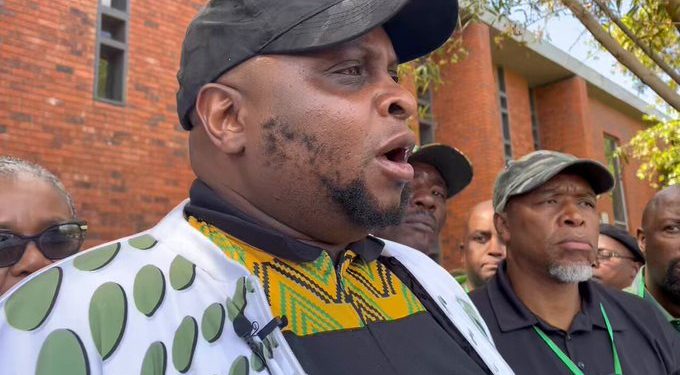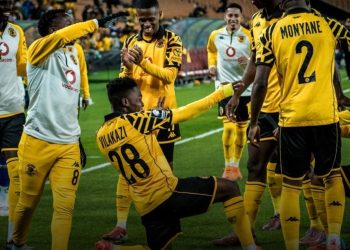When the African National Congress (ANC) failed to secure 50% of the votes, landing at 40%, President Cyril Ramaphosa found himself in a difficult position, surrounded by political rivals—the Economic Freedom Fighters (EFF), the uMkhonto weSizwe Party (MKP), and the Democratic Alliance (DA). The MKP and EFF demanded Ramaphosa’s removal as a condition for forming a coalition, a demand the ANC found hard to accept. Instead, the ANC chose to partner with the DA, which did not insist on Ramaphosa’s ousting, despite their policy differences.
The Democratic Alliance drafted a statement of intent, agreeing to support Ramaphosa’s presidency in a power-sharing deal. However, the ANC has been acting as though it secured a majority, leading tensions to rise. Now, the ANC is reportedly trying to sideline the DA by negotiating with other Black-led parties, including the MKP.
The MKP, founded by former President Jacob Zuma as retaliation against Ramaphosa—who oversaw his imprisonment—has rejected the ANC’s overtures. A party representative stated, “We will not participate in political games aimed at manipulating other parties or legitimizing an arrangement we do not support.”
Meanwhile, some analysts argue that the MKP should have engaged with the ANC to negotiate governance in KwaZulu-Natal (KZN), where it holds the most provincial legislature seats but remains excluded from power due to the feud between party leaders. The ongoing political standoff continues to complicate South Africa’s coalition dynamics.






















